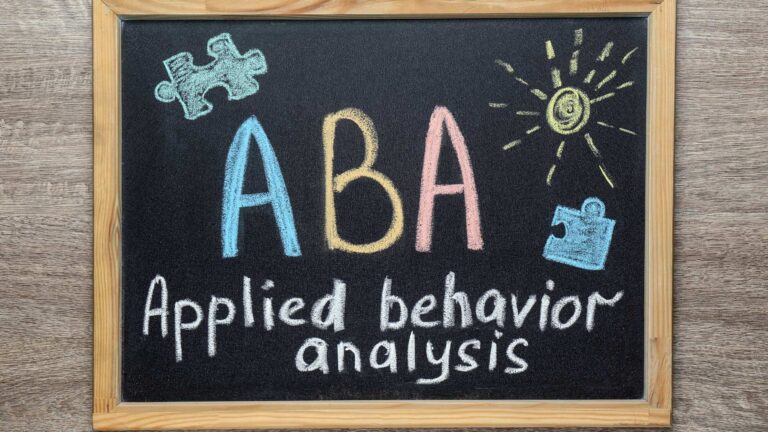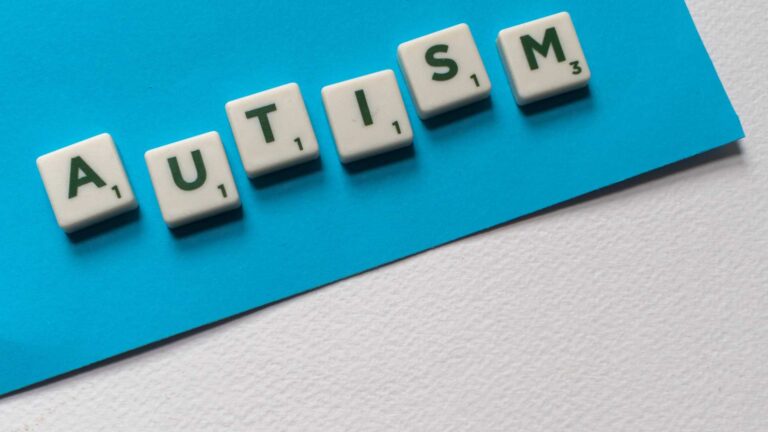What Should I Know About ABA Therapy?
10 ABA FAQs: Raising a child with autism is a world of discovery and constant learning. Along the way, questions and needs arise that lead to exploring options that can better support their development and well-being. Among those options, ABA (Applied Behavior Analysis) therapy stands out as one of the most recommended interventions with significant results.
But what should you know about ABA therapy? The short answer is that it is a structured intervention that seeks to improve skills and reduce problematic behaviors in people with autism and other developmental disorders. However, there is much more to this topic to discover, and understanding it can really make a difference in the life of a child and their family. In this ABA Centers of Connecticut blog, we tackle ten ABA FAQs to help you understand what ABA therapy is all about, how it can benefit your child, and what to expect along the way.
Ten ABA FAQs
![]()
1. What is ABA Therapy?
ABA stands for Applied Behavior Analysis, a therapeutic approach that uses learning principles to teach skills and improve specific behaviors. This method supports the idea that behavior can be shaped through encouragement and reinforcement, allowing children to learn skills that will be useful in everyday life. The American Psychological Association highlights that ABA therapy focuses not only on addressing behaviors but also on strengthening communication, social, and autonomy skills, adapting to the needs of each child.
2. What are its Benefits for Children with Autism?
ABA therapy has proven to have multiple benefits for children with autism, such as improving their communication skills, helping them regulate their emotions, and teaching them how to function in a social environment. With ABA, children learn to respond better in everyday situations, which facilitates their interaction with the world. In addition, ABA focuses on reinforcing positive behaviors, which contributes to a better quality of life for the child and their family.
3. At What Age is it Recommended to Start ABA therapy?
Early intervention is one of the cornerstones of ABA, and studies suggest that starting treatment at an early age, even as young as 18 months, can make a big difference. However, ABA is not limited to just the very young. The therapy can be effective for preschoolers, school children, and even teenagers and adults. The flexibility of ABA allows the approach to be tailored to each stage of development, ensuring that the child or young person receives the proper support at every point in their life.
4. What Does an ABA Therapy Session Look Like?
An ABA session is usually structured and focused on specific goals. During the session, the therapist works one-on-one with the child on small, achievable tasks, using games and positive reinforcement to motivate learning. ABA sessions can vary in length and frequency, depending on the child’s needs. For example, a session might include activities to teach communication skills, emotion management, or even motor skills. At the end of the session, therapists usually record progress and adjust goals as the child progresses.

5. What Professionals Can Provide ABA Therapy?
Certified professionals by the Behavior Analyst Certification Board, such as Board Certified Behavior Analysts (BCBAs), who have received specialized training in ABA must be in charge of providing ABA therapy. Registered Behavior Technicians (RBTs), under the supervision of a BCBA, also play an essential role in implementing treatment. Make sure the team you work with is certified and experienced in handling autism cases.
6. What Progress Can My Child Achieve with ABA Therapy?
ABA therapists measure progress on an ongoing, detailed basis. Therapists usually take notes during each session and evaluate progress against specific goals. Parents can see this progress in increased social skills, improved communication, and autonomy, as well as a reduction in problem behaviors. Results vary from child to child, but progress is usually visible after a few weeks or months. Consistency in therapy and completed sessions plays an essential role in progress.
7. How Long Does ABA Therapy Last?
The duration of ABA therapy is variable and depends on the individual needs of each child. Some children may require intensive ABA (more than 20 hours per week) for several years, while others may benefit from less frequent sessions. In general, ABA programs are flexible and adapt to the child’s progress, adjusting the intensity and duration according to the progress they made.
8. Does Insurance Cover ABA Therapy?
Autism care can have high financial costs, and it is common for caregivers to ask about insurance coverage in ABA FAQs. In the United States, some laws support ABA coverage, and in the state of Connecticut, health insurance covers ABA under specific coverage policies for children with autism. Thanks to the Autism Coverage Act, many insurance plans must include ABA in their coverage, although this may depend on the specific plan and insurer. For clarity, please consult with our experts at no cost.
9. Can ABA Therapy be Done at Home?
Yes, children can receive ABA therapy at home and in other natural environments, such as schools, clinics, or the community. In fact, many parents choose to implement ABA at home because the child may feel more comfortable, and parents can actively participate in the process. Therapists often guide families on how to apply ABA principles in everyday situations, allowing the child to generalize their skills.
10. How do I Start ABA Therapy?
The first step in starting ABA is to obtain an official diagnosis of autism and have a health or developmental professional refer your loved one to ABA services. An autism professional or a BCBA will assess your child’s needs, behavior, and skills and develop an individualized treatment plan. The family must be involved in the process, as the success of ABA often depends on ongoing collaboration between the therapeutic team and caregivers.
Begin Your ABA Journey with ABA Centers of Connecticut
![]()
ABA therapy is a valuable tool for supporting children with autism in their development and daily lives. With a solid foundation in learning principles, ABA has been a great help to many families seeking to improve the quality of life for their children. The information we’ve shared here is an introduction; if you feel ABA may be suitable for your child, feel free to contact ABA Centers of Connecticut by calling (844) 395-0448 or connecting online. Early and effective intervention can make a big difference, and remember: you are not alone on this journey.









